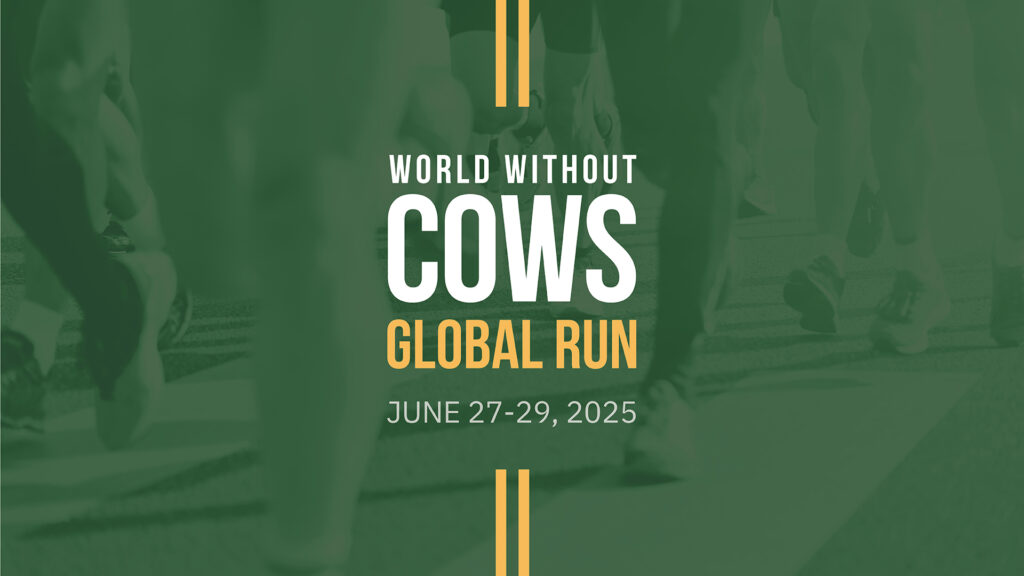What happens if you take all the cows away?
Through interviews with farmers, ranchers, scientists and other experts in agriculture and environmental science, World Without Cows delves into the complex and often-surprising ways cows impact our world. This compelling exploration is led by two award-winning journalists who now work in agriculture. The filmmakers traveled to more than 40 global locations to examine the cultural and economic significance of cows, their role in nourishing the world and their impact on climate — and to answer the question, “Are we better off in a world without cows?”
From the heartland of the United States to Kenya, India, Brazil and beyond, this journey of discovery invites viewers to consider the true value of these often-overlooked animals and the potential consequences of their absence. World Without Cows will make you think twice about the role cows play in our lives.
the filmmakers
World Without Cows was written and directed by two award-winning journalists, Michelle Michael and Brandon Whitworth, who spent nearly three years visiting scientists, academics, farmers and others to get an up-close look at the social, financial and environmental impact of cows — and to explore the possible repercussions of a world without them.
Michelle spent more than two decades in journalism, half of that time working abroad as a military correspondent. Twice, she was recognized as the Solo Video Journalist of the Year by the National Press Photographers Association. Many organizations, including West Point Military Academy, the Poynter Institute and the Kentucky News Photographers Association, have sought her storytelling expertise.
Brandon is a two-time Emmy Award-winning television news photojournalist and international video producer. He spent a decade working for CBS and NBC affiliates in Kentucky and Utah and has received several regional awards from the American Advertising Federation, the Associated Press, and National Press Photographers Association for excellence in visual storytelling.
Filming Locations
Around the World: Brazil, Germany, India, Kenya, the Netherlands, Patagonia, Singapore, United Kingdom
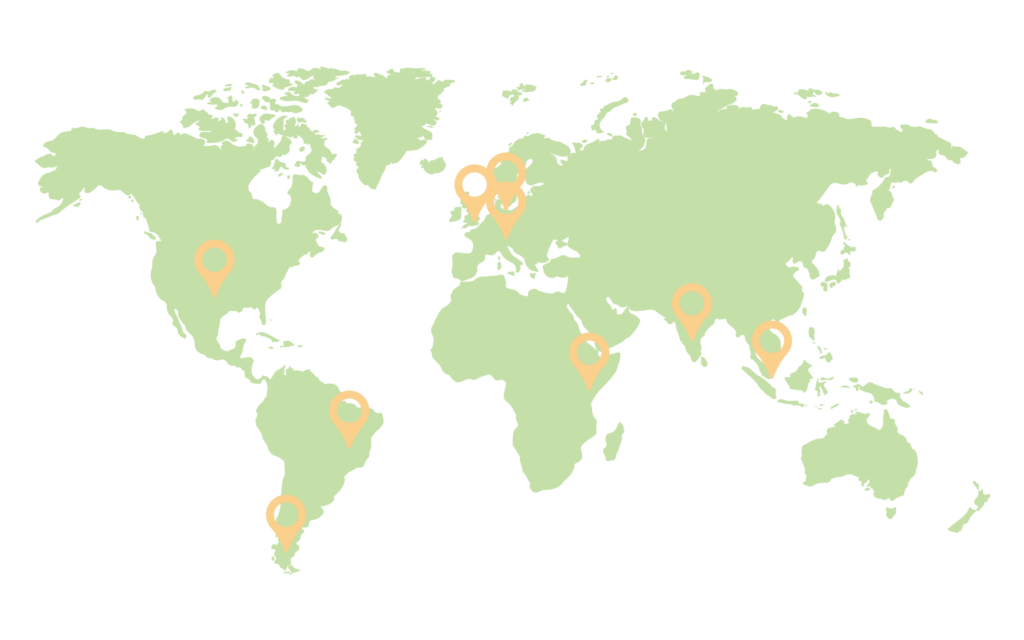
the filmmakers
World Without Cows was written and directed by two award-winning journalists, Michelle Michael and Brandon Whitworth, who spent nearly three years visiting scientists, academics, farmers and others to get an up-close look at the social, financial, nutritional and environmental impact of cows — and to explore the possible repercussions of a world without them.
Michelle spent more than two decades in journalism, half of that time working abroad as a military correspondent. Twice, she was recognized as the Solo Video Journalist of the Year by the National Press Photographers Association. Many organizations, including West Point Military Academy, the Poynter Institute and the Kentucky News Photographers Association, have sought her storytelling expertise.
Brandon is a two-time Emmy Award-winning television news photojournalist and international video producer. He spent a decade working for CBS and NBC affiliates in Kentucky and Utah and has received several regional awards from the American Advertising Federation, the Associated Press, and National Press Photographers Association for excellence in visual storytelling.
Filming locations
Around the World: Brazil, Chile, Germany, India, Kenya, the Netherlands, Singapore and the United Kingdom

the filmmakers
“World Without Cows” was written and directed by two award-winning journalists, Michelle Michael and Brandon Whitworth, who spent nearly three years visiting scientists, academics, farmers and others to get an up-close look at the social, financial and environmental impact of cows — and to explore the possible repercussions of a world without them.
Michelle spent more than two decades in journalism, half of that time working abroad as a military correspondent. Twice, she was recognized as the Solo Video Journalist of the Year by the National Press Photographers Association. Many organizations, including West Point Military Academy, the Poynter Institute and the Kentucky News Photographers Association, have sought her storytelling expertise.
Brandon is a two-time Emmy Award-winning television news photojournalist and international video producer. He spent a decade working for CBS and NBC affiliates in Kentucky and Utah and has received several regional awards from the American Advertising Federation, the Associated Press, and National Press Photographers Association for excellence in visual storytelling.

Filming Locations
Around the World: Brazil, Germany, India, Kenya, the Netherlands, Patagonia, Singapore, United Kingdom
Hear from the experts
World Without Cows starts an important conversation about the role cows play in our daily lives and in the world around us. It features interviews with farmers, ranchers, scientists, academics, advocates and other experts, including:
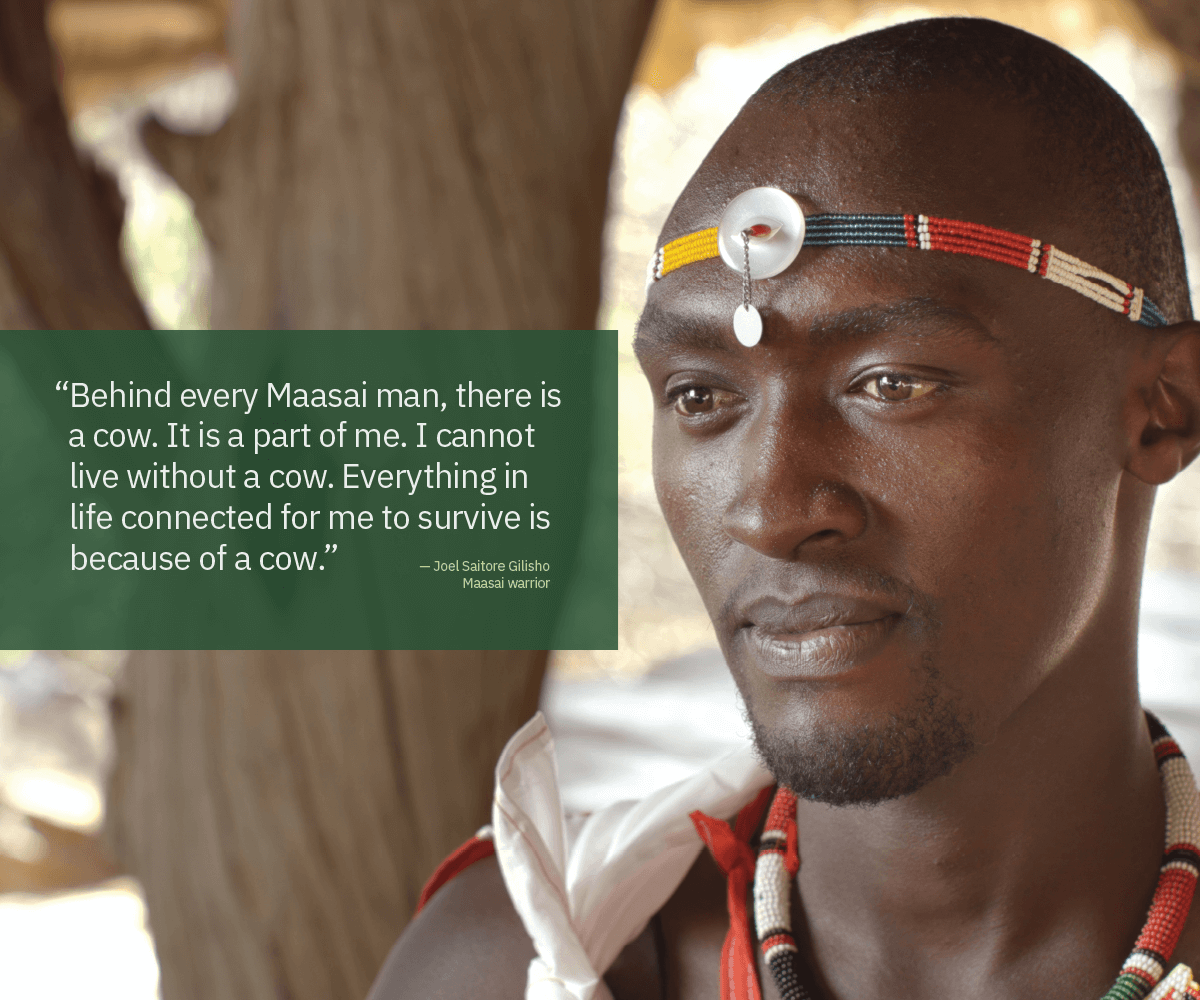
"Behind every Maasai man, there is a cow. It is a part of me. I cannot live without a cow. Everything in life connected for me to survive is because of a cow."
— Joel Saitore Gilisho,
Maasai Warrior, Kenya
Farmers, Ranchers & Food Producers
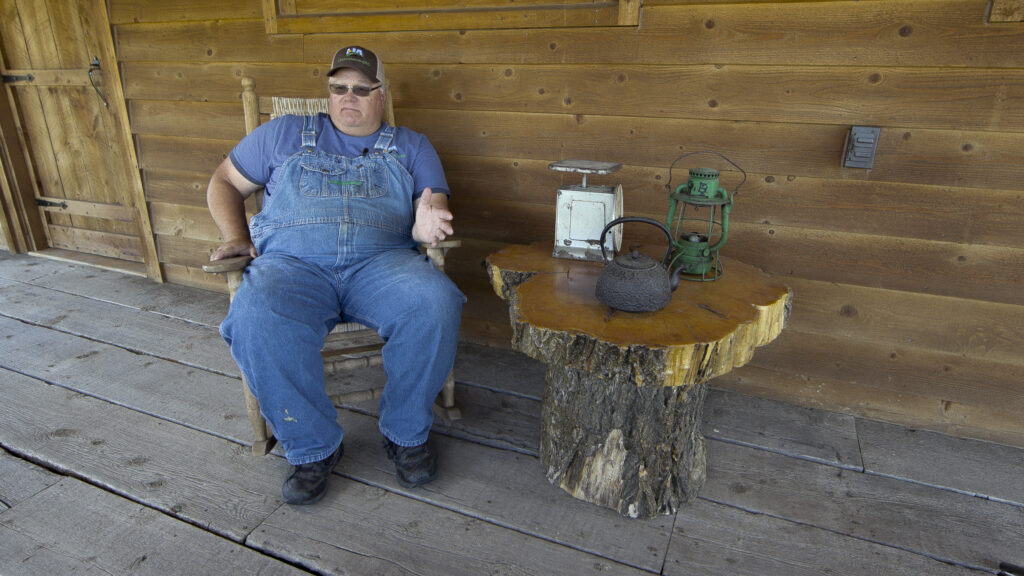
Gabe Brown
Gabe is a regenerative farmer, the owner of a 5,000-acre ranch in North Dakota and a strong proponent of soil health. He is a published author who speaks at events, gives farm tours and presents seminars on regenerative agriculture.
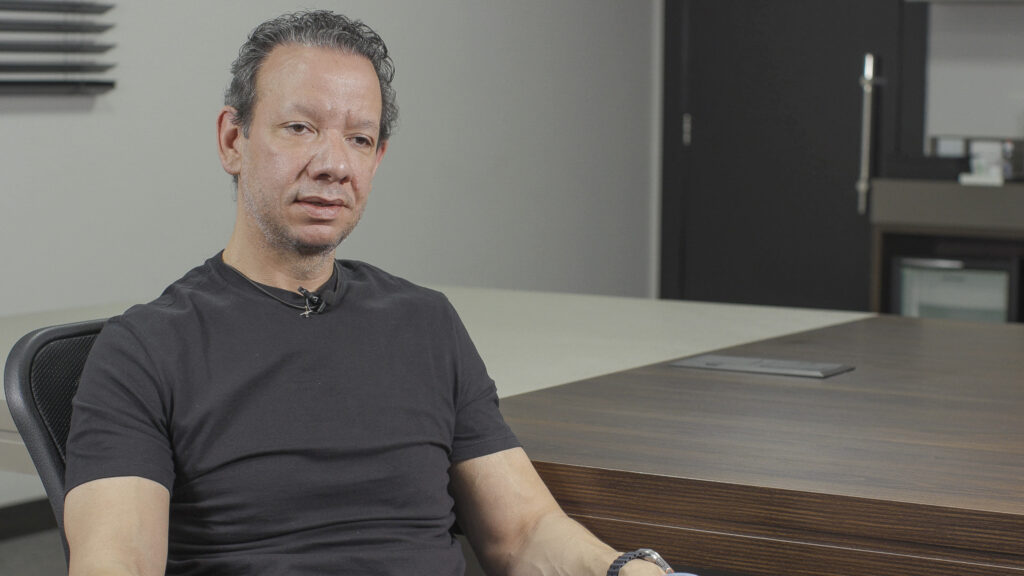
Victor Campanelli
Victor’s family has more than a century of family farming history in Brazil. The company’s feedlots are among the most technologically advanced in Brazil.
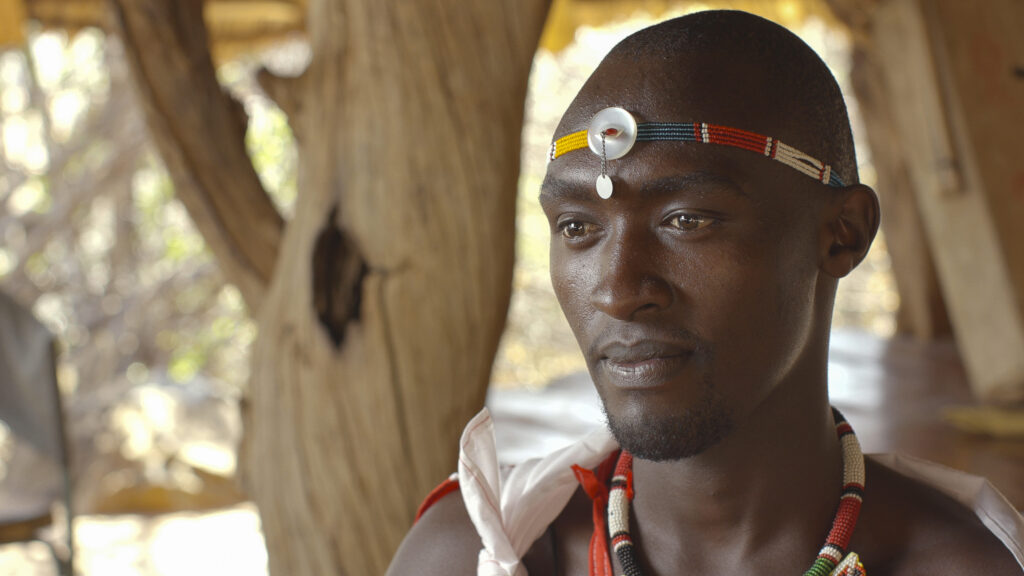
Joel Saitore Gilisho
Joel is a Kenyan Maasai warrior. The Maasai tribe has a rich and fascinating culture that revolves around amassing and grazing large herds of cattle.
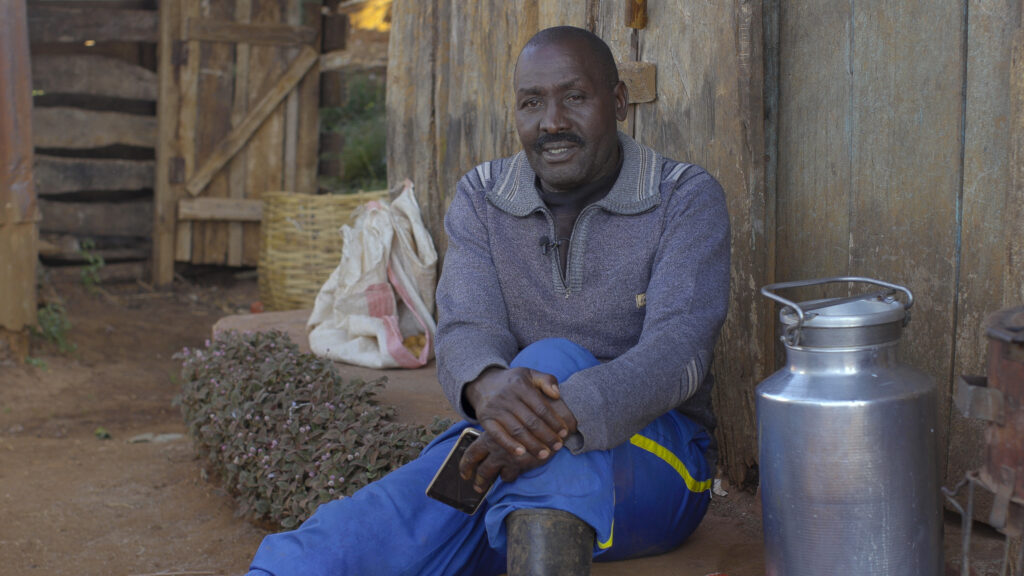
Francis Karanja Kamau
Francis and his family have a small herd of cattle in Kenya. He says keeping cattle is the only way to sustain their lives. He sells his herd’s milk to a dairy co-op.
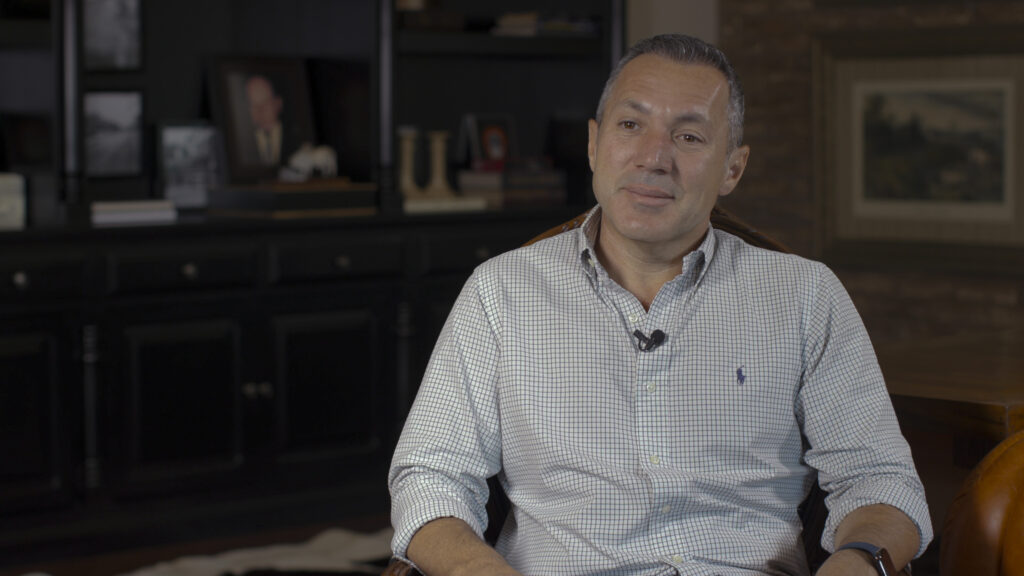
Andre Perrone
Andre is director of CMA, which connects with partners in the agriculture, livestock and food sector to use new technologies and build a more sustainable future.
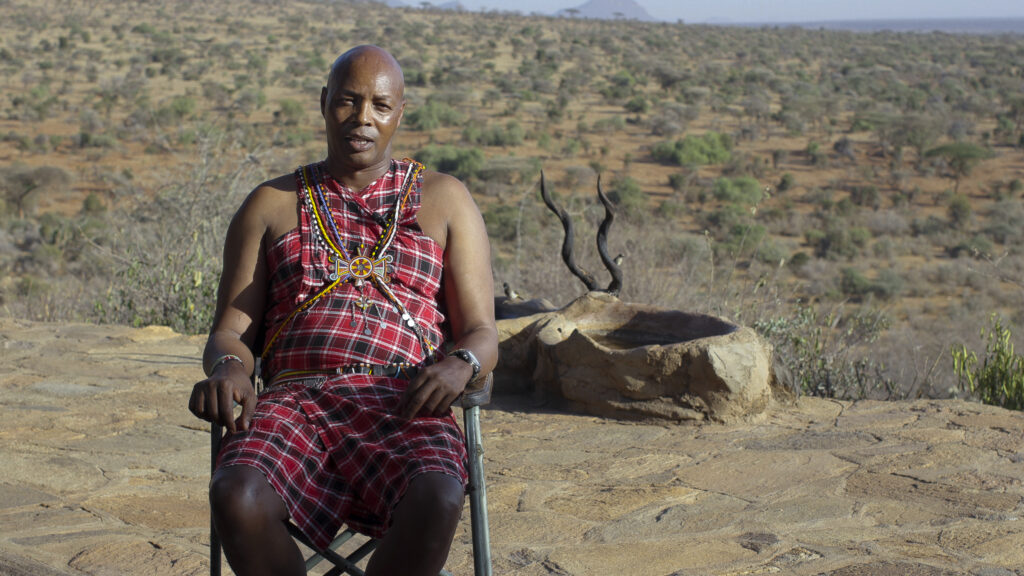
Kip Ole Polos
Kip is a Kenyan Maasai warrior. Cattle are very important in Maasai culture. Maasai warriors and cattle are constantly on the move, Polos says, looking for pasture.
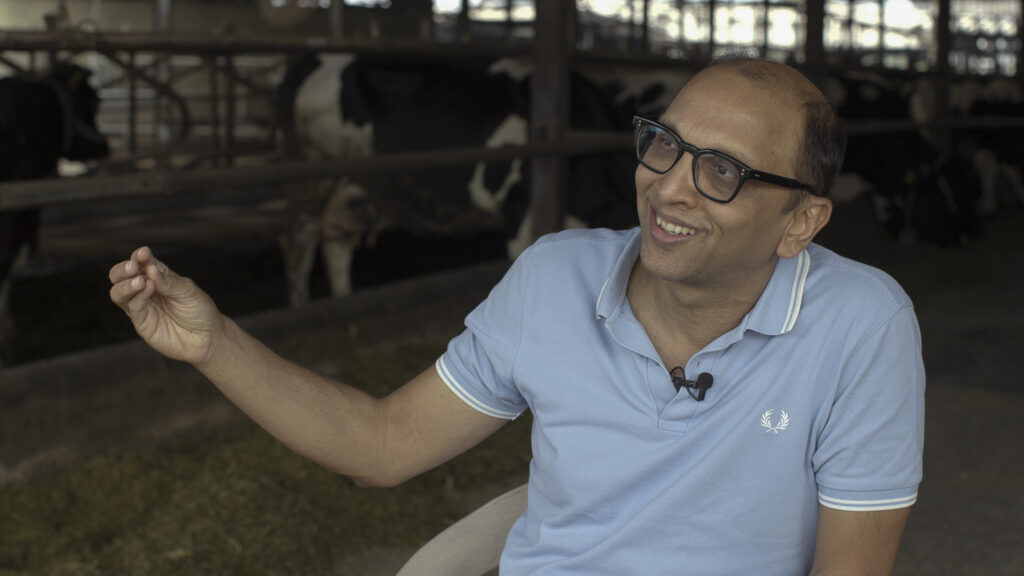
Shrirang Sarda
Shrirang is the CEO and managing partner of the Sarda Group, which operates Sarda Farms, a 50-acre farm in the village of Sheni that has 1,500 Holstein Friesian cows.
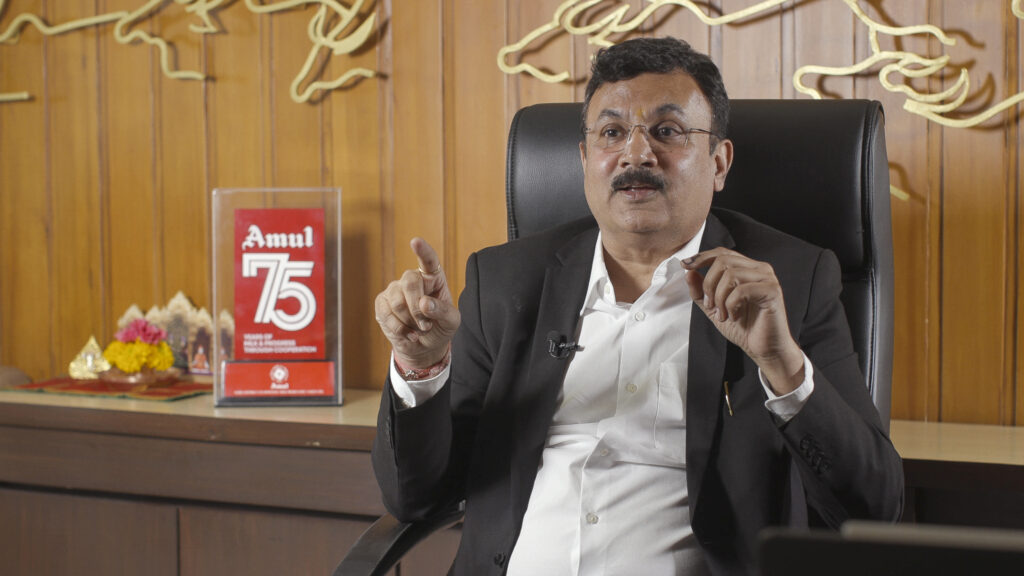
Amit Vyas
Amit is managing director of Amul Dairy, one of India’s largest dairy co-ops. He has extensive experience working to help transform the dairy industry through technology and automation.
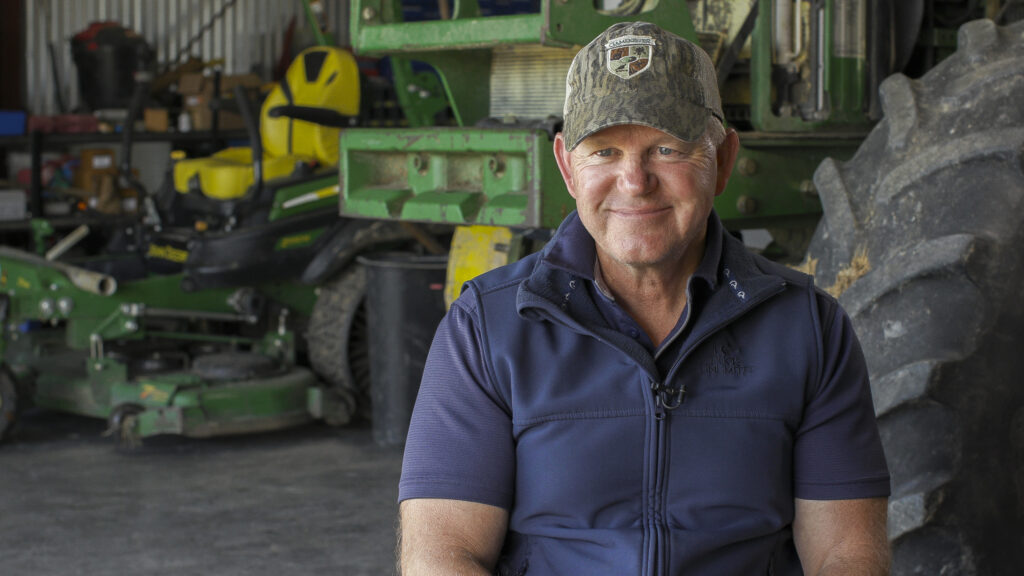
Allen Williams
Allen is a sixth-generation farmer and a leading world expert in grazing methodology and regenerative agriculture. He pioneered many of the early regenerative grazing protocols and forage-finishing techniques and now teaches those practices and principles to farmers globally.
"I think we could go and do a survey and many people would say, yes, cows are the worst thing in the world for climate."
— John Lynch, Climatologist,
Oxford, University
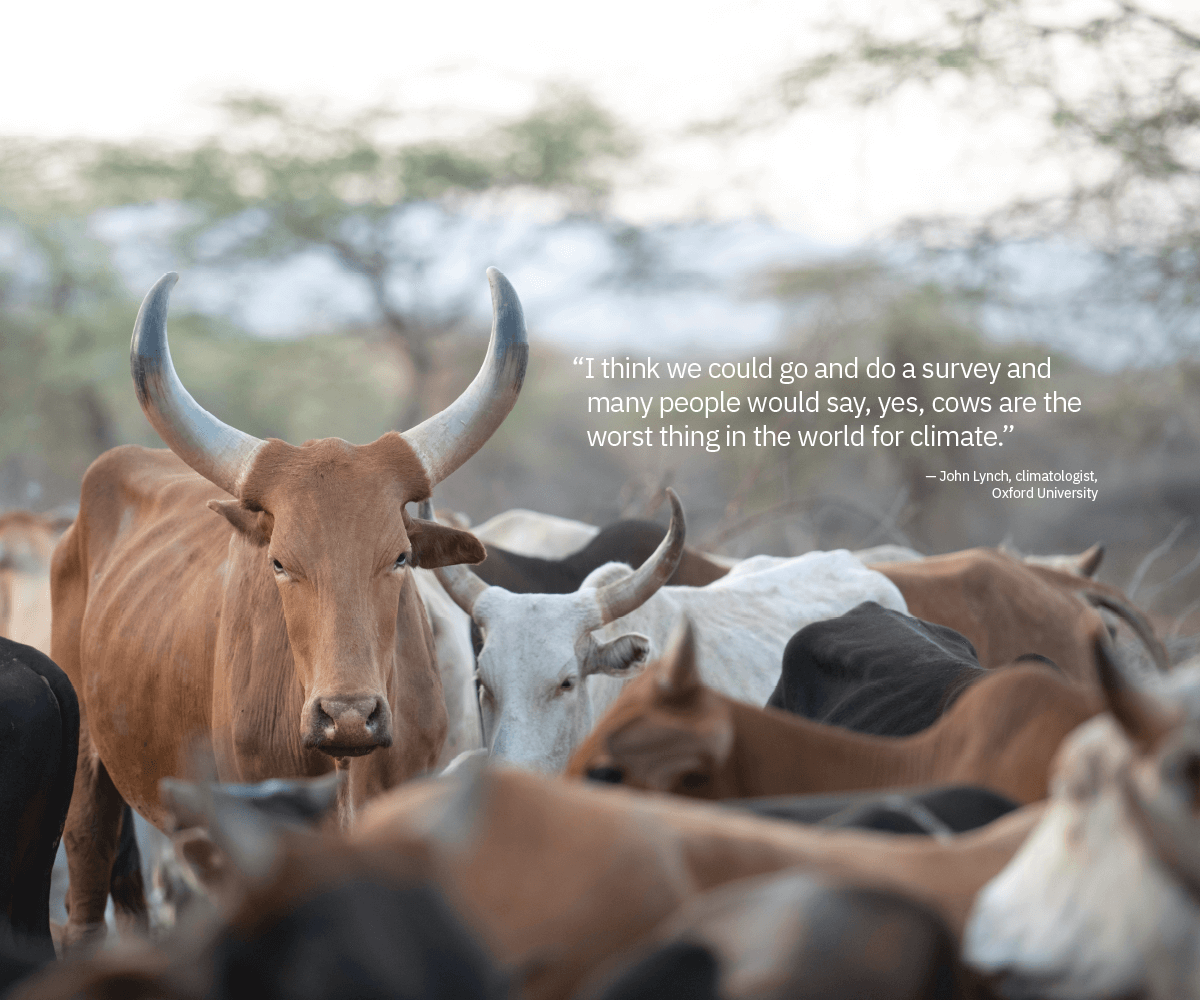
Scientists & Academics
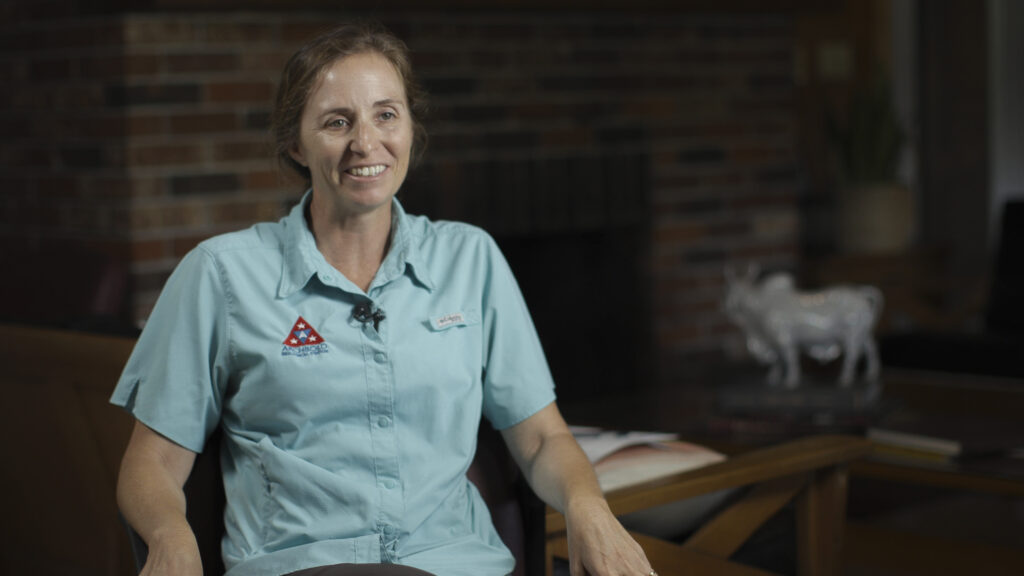
Dr. Elizabeth "Betsey" Boughton
Betsey’s research program is focused on environmental and economic sustainability of ranches while being underpinned by basic and applied research in ecosystem services.
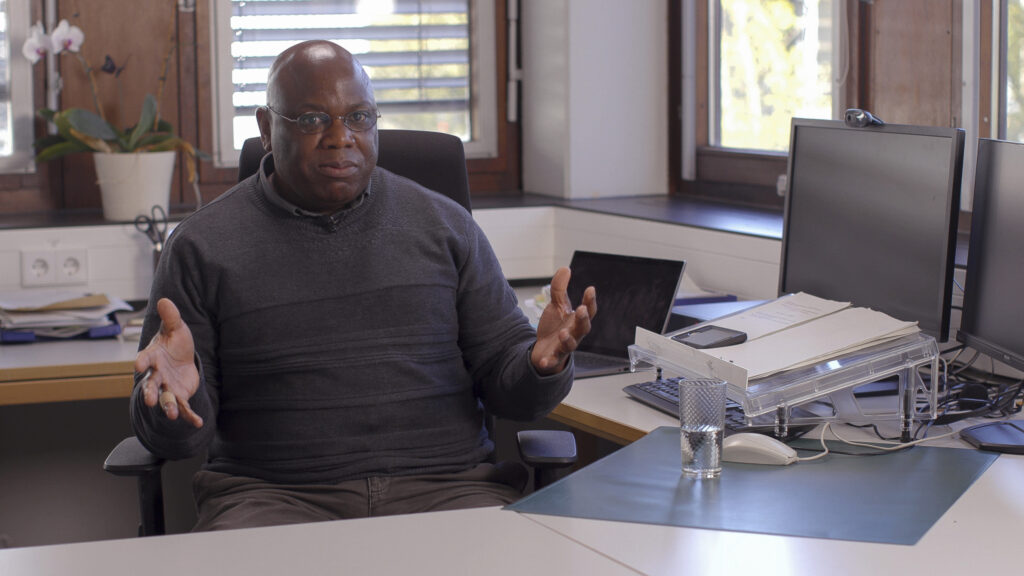
Dr. Mizeck Chagunda
Mizeck is a professor and quantitative animal geneticist who has pioneered research on quantifying greenhouse gases, developing innovative techniques for measuring methane emissions in ruminants, and defining phenotypes related to disease resistance, adaptation and resilience in dairy cattle.
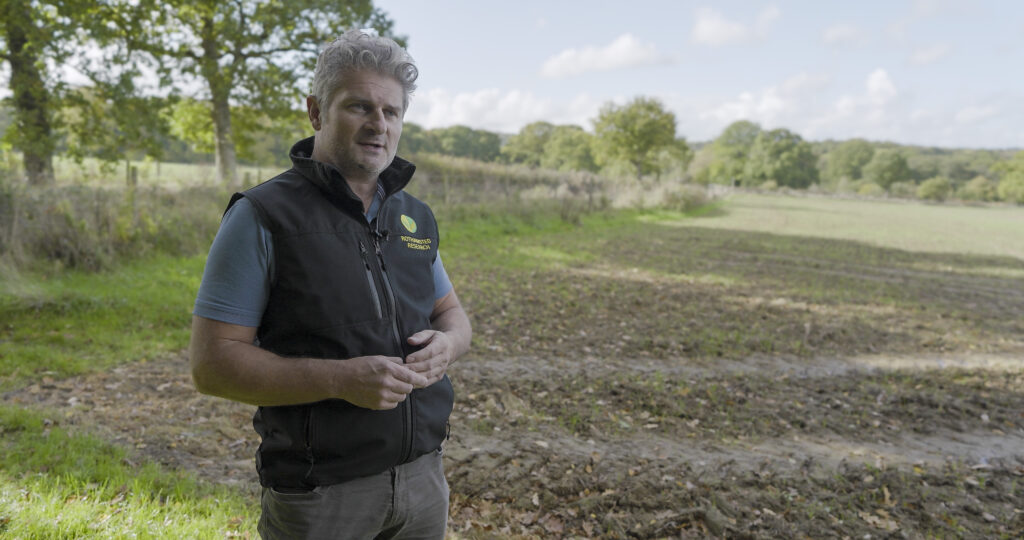
Dr. Adrian Collins
Adrian is a professor at University of Southhampton and science director at Rothamsted Research, a world-leading, nonprofit research center that focuses on strategic agricultural science to the benefit of farmers and society worldwide. Rothamsted is home to the “vegan trial,” which aims to demonstrate that it is possible to produce crops for humans on land thought to be suitable only for grazing cows.
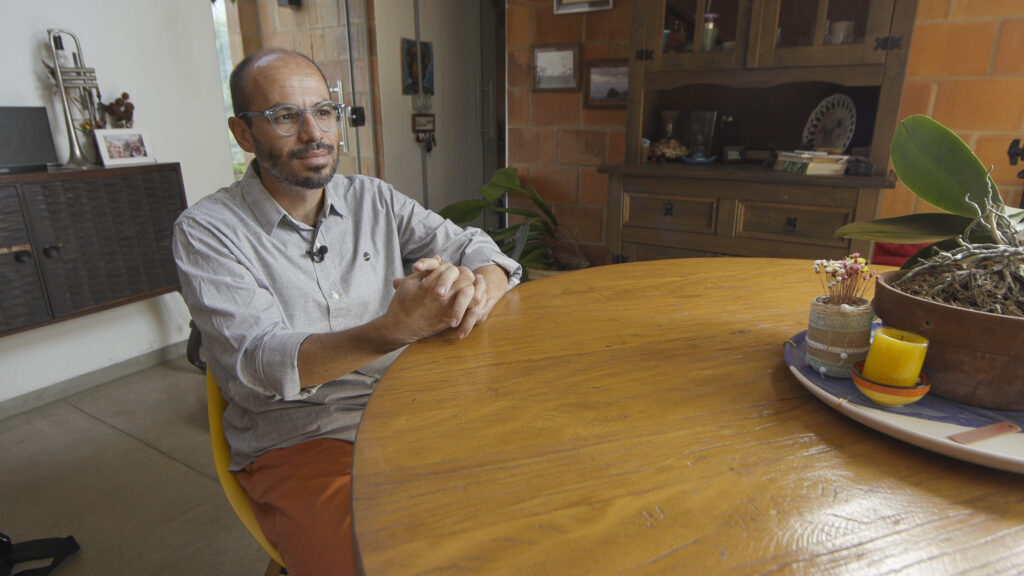
Ciniro Costa Jr.
Ciniro is a scientist focusing on climate change mitigation in the agriculture sector. His expertise includes climate change mitigation in the agriculture sector, including measurement, reporting and verification of emissions and mitigation and net zero actions, payments for ecosystems services and policy analyses.
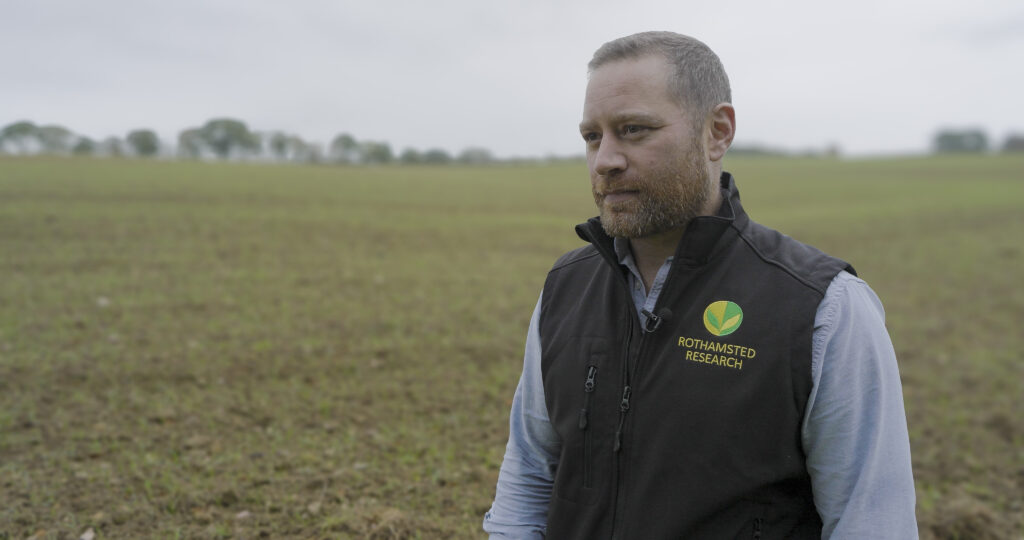
Bruce Griffith
Bruce manages the North Wyke science field operations (SFO) team who are responsible for the day-to-day running and gathering of core data on the NW Farm Platform at Rothamsted Research.
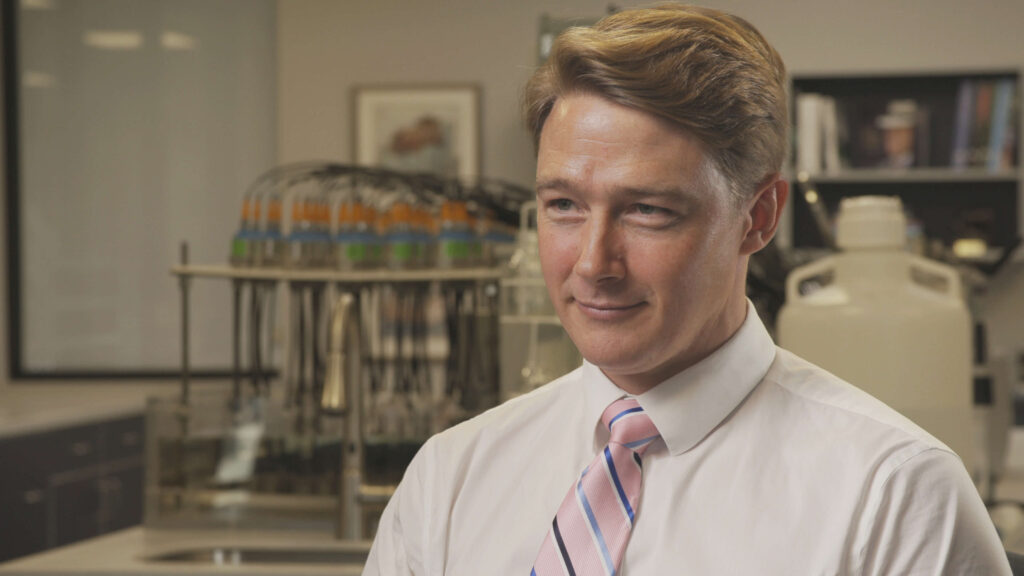
Dr. Vaughn Holder
Vaughn is a ruminant nutritionist and agricultural biotechnology researcher. His interests include the role of nutrition in disease and health in animals and humans.
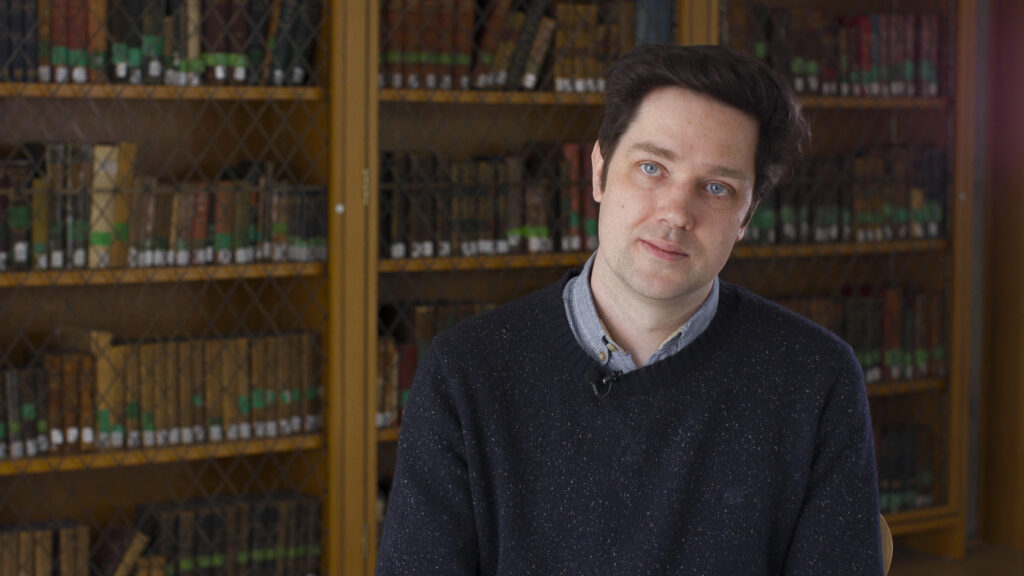
Dr. John Lynch
John studies the role of agriculture and land-use in achieving climate targets. He focuses on pathways for U.K. land-use to achieve “net-zero” emissions, especially the role of ecosystem restoration and biosphere carbon storage.
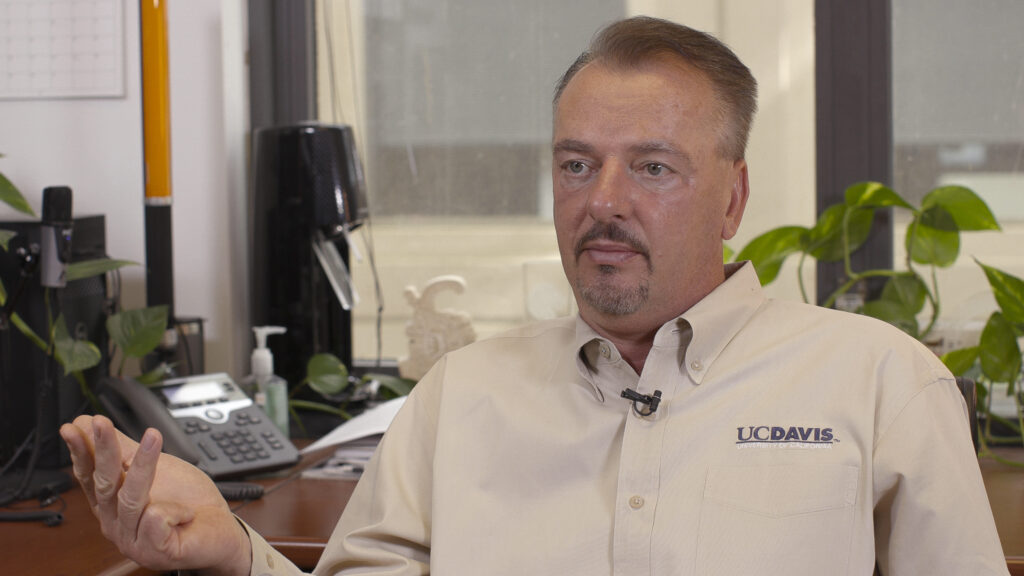
Dr. Frank Mitloehner
Frank is a professor and air quality specialist in cooperative extension in the Department of Animal Science at UC Davis. As director of the CLEAR Center, he works to bring clarity to the intersection of animal agriculture and the environment, helping the global community understand the environmental and human health impacts of livestock.
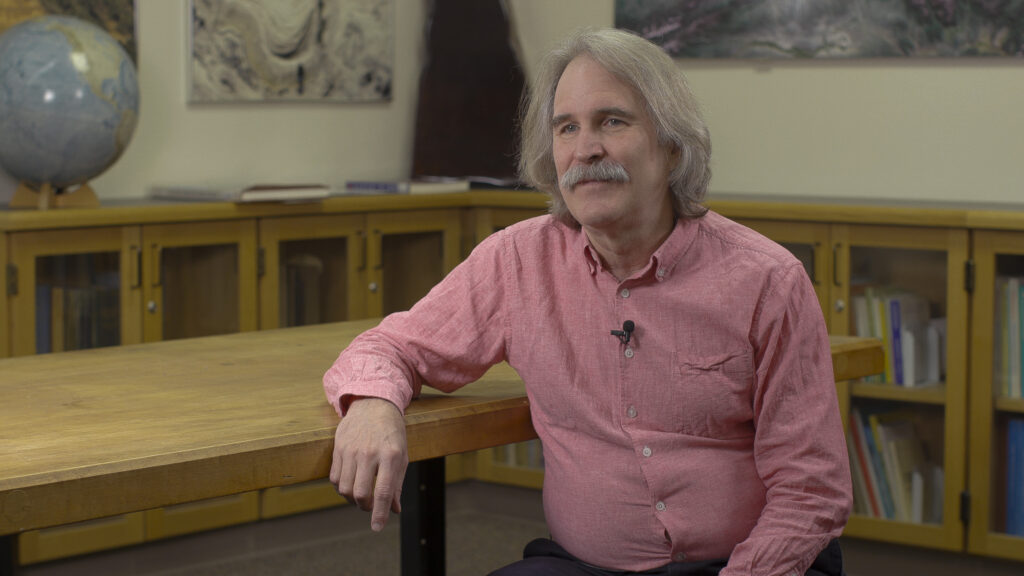
Dr. David Montgomery
David is a professor of earth and space sciences at the University of Washington in Seattle, where he is a member of the Quaternary Research Center. He is the author of “Dirt: The Erosion of Civilizations,” and co-author of “What Your Food Ate,” among other titles.
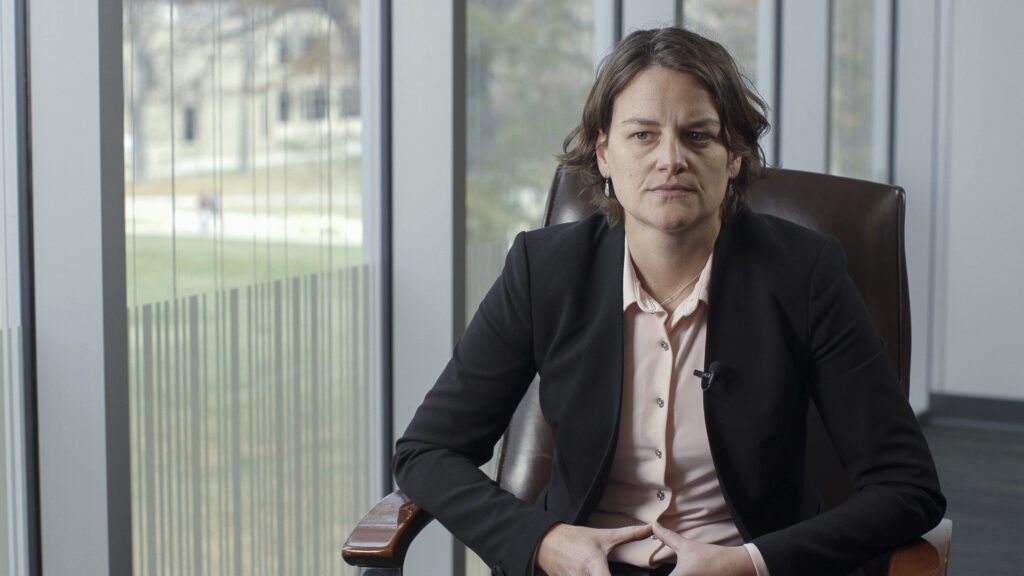
Dr. Sara Place
Sara is an expert in livestock systems sustainability with over a decade of experience in academia, industry associations and private industry. She previously served as senior director for sustainable beef production research at the National Cattlemen’s Beef Association.
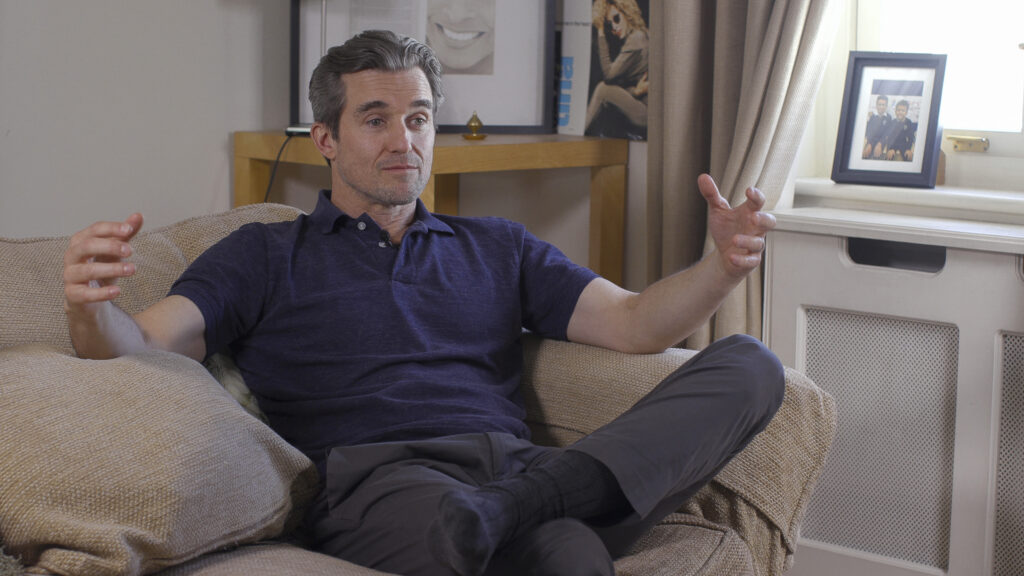
Dr. Gregory Schwartz
Greg is a professor of environmental geography, a published author, and a leading voice in the plant-based movement. An advocate for regenerative agriculture, he specializes in ecology, sustainability, and the intersection of human health and performance. Greg explores and promotes sustainable practices that benefit both people and the planet. His family has owned and operated a cattle feedlot in Nebraska for five generations.
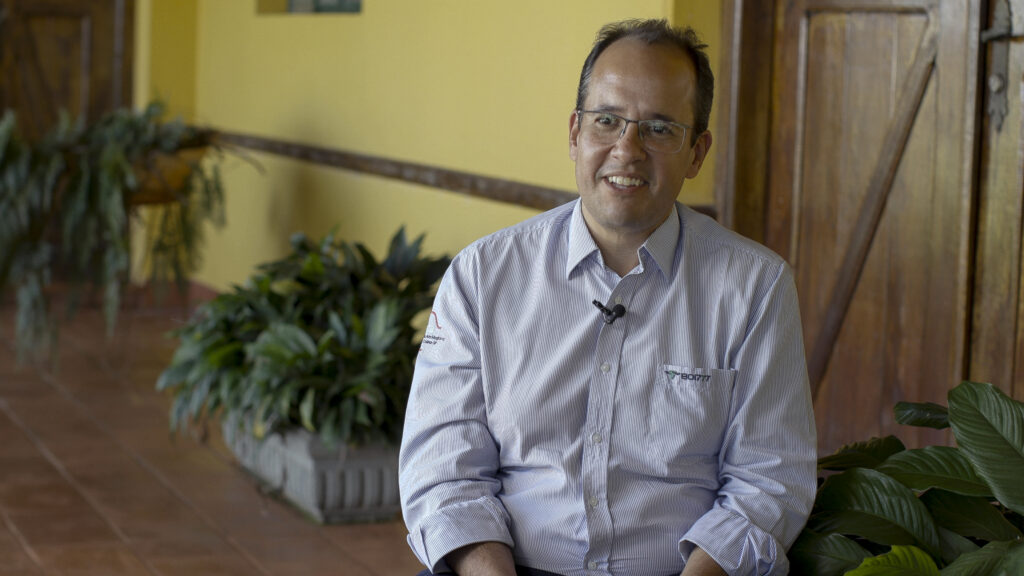
Gustavo Siquiera
Gustavo researches beef cattle production systems, the use of feed additives in beef cattle nutrition, supplementation in pastures, and feedlot nutrition.
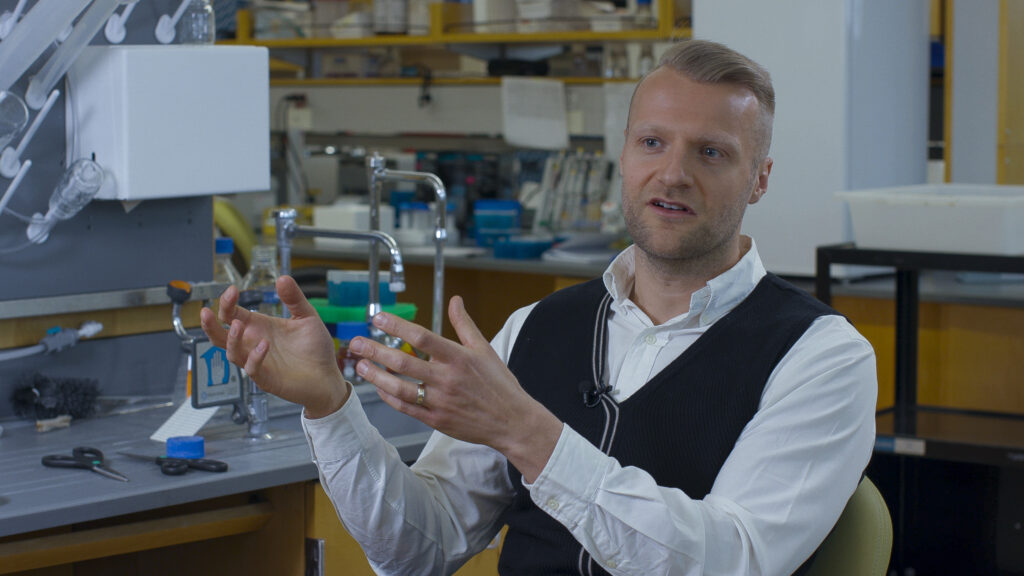
Dr. Stephan van Vliet
Stephan is a nutrition scientist with metabolomics expertise in nutrition, dietetics and food science. His research is performed at the nexus of agricultural and human health. He routinely collaborates with farmers, ecologists and agricultural scientists to study critical linkages between agricultural production methods, the nutrient density of food and human health.
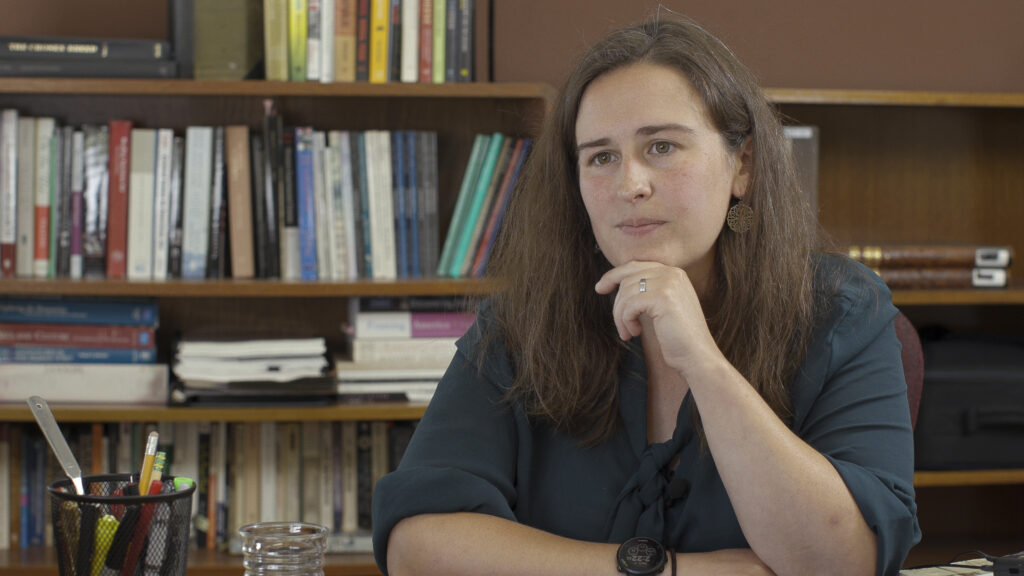
Dr. Nicole Welk-Joerger
Nicole is an interdisciplinary researcher with training in art history, anthropology, and the history of science, technology and medicine.
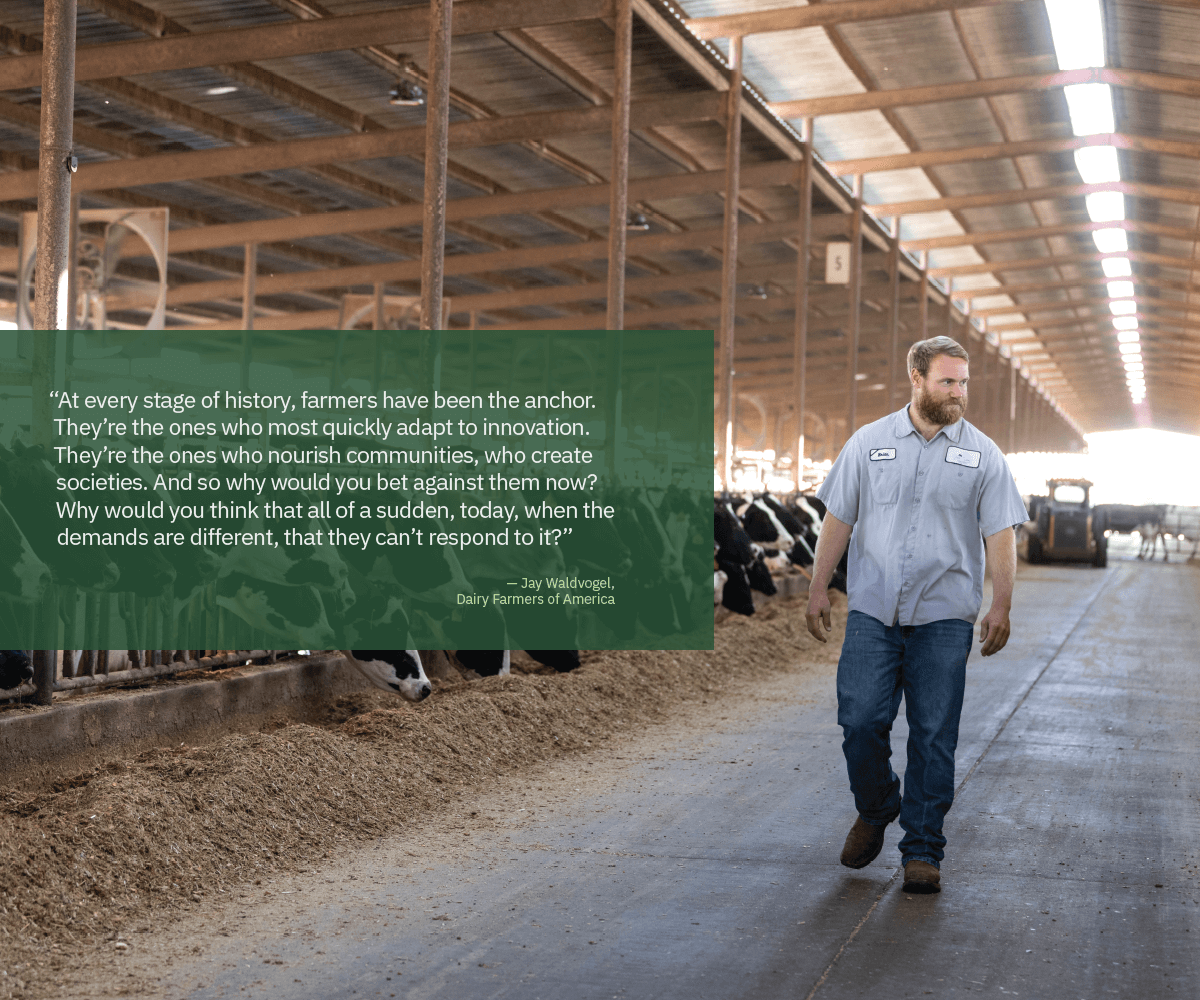
"At every stage of history, farmers have been the anchor. They're the ones who most quickly adapt to innovation. They're the ones who nourish communities, who create societies. And so why would you bet against them now? Why would you think that all of a sudden, today, when the demands are different, that they can't respond to it?"
— Jay Waldvogel,
Dairy Farmers of America (retired)
Advocates & Specialists
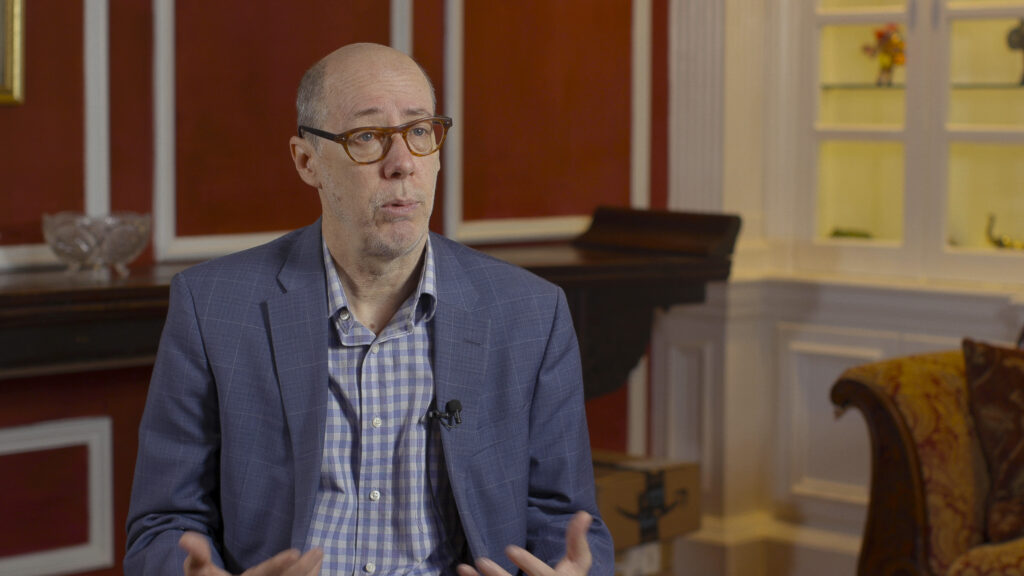
Jack Bobo
Jack is a globally esteemed thought leader in the field of sustainable food systems. He is the executive director of the Rothman Family Institute for Food Studies at UCLA, where he leverages his extensive expertise to help foster innovative solutions to global food challenges. Previously, he was director of the Food Systems Institute at the University of Nottingham. Jack is also the CEO of Futurity, a food foresight company that helps brands get ahead of trends.
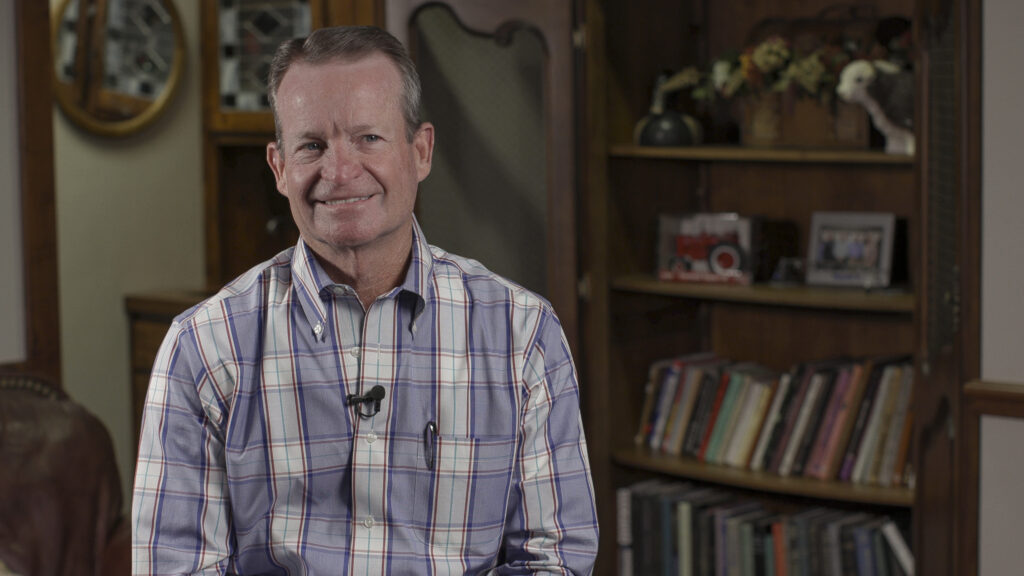
John Butler
John is a second-generation cattle producer who has spent his career building and implementing beef supply chain programs with the end in mind from the beginning. He has served in multiple industry leadership roles and is a Nonresident Fellow for the Noble Research Institute.
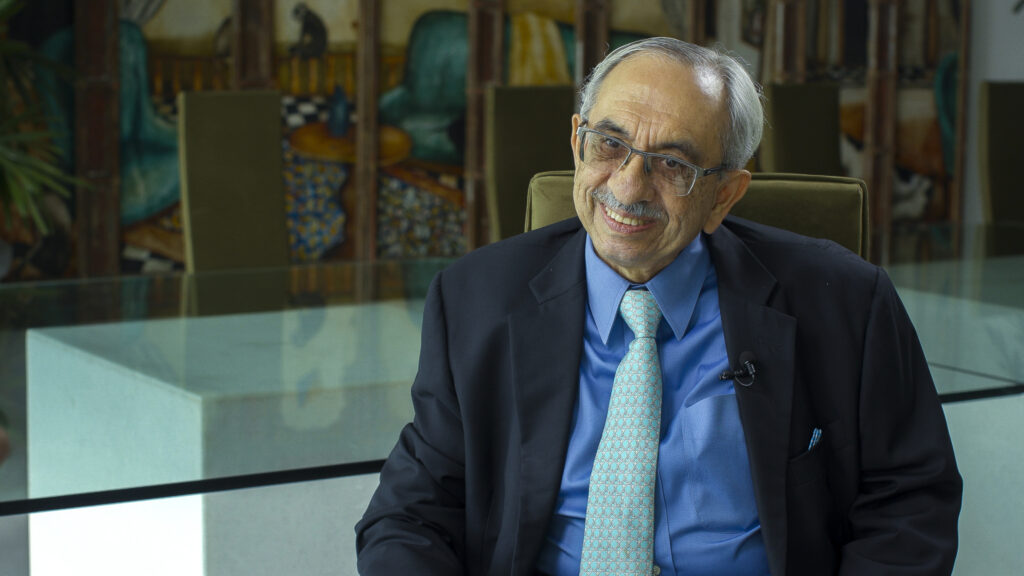
Nadir Godrej
Nadir is the managing director of Godrej Industries Ltd. and has been a director of several Godrej companies since 1977. He has developed the animal feed, agricultural inputs and chemicals businesses of Godrej Industries and other associated companies, and he has been very active in research.
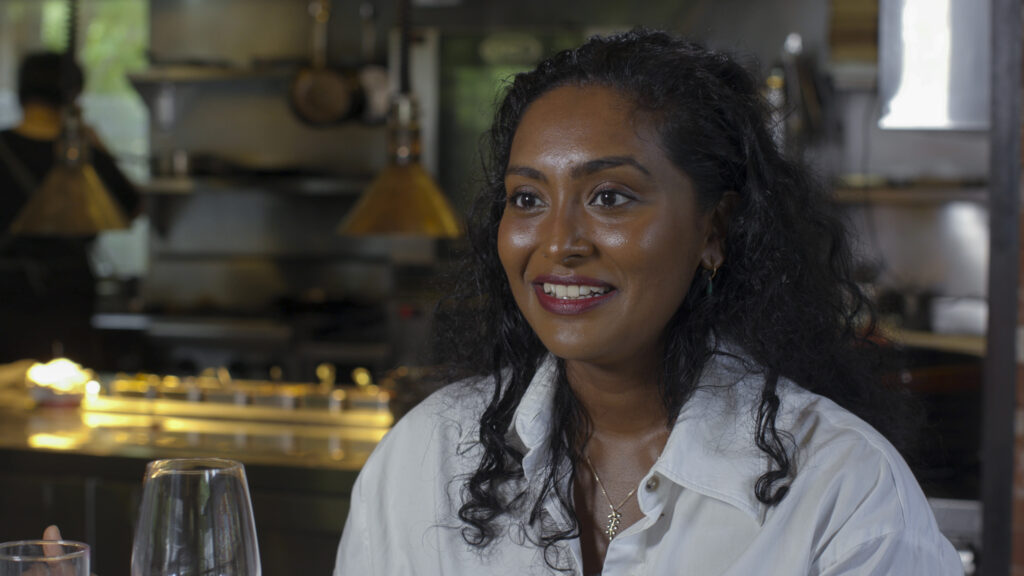
Nithiya Laila
Nithiya is passionate about exploring and preserving the food, culture and environment of the global south, especially the native edible plants and equatorial regions. She has more than a decade of experience in creating and hosting immersive and educational programs and projects that celebrate the diversity and sustainability of our planet’s culinary heritage.
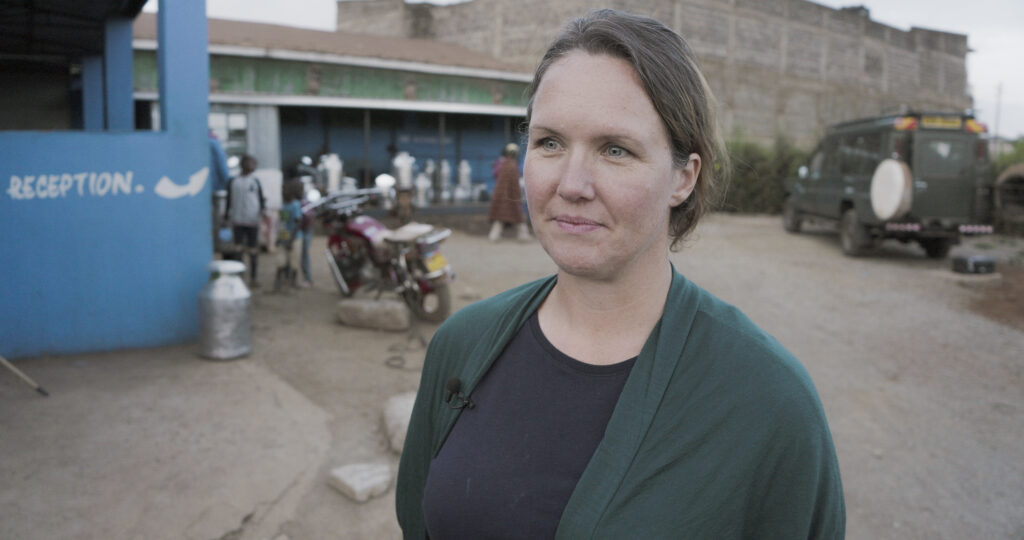
Lynda McDonald
Lynda works in dairy development and is passionate about food systems, food security, resilience and development.
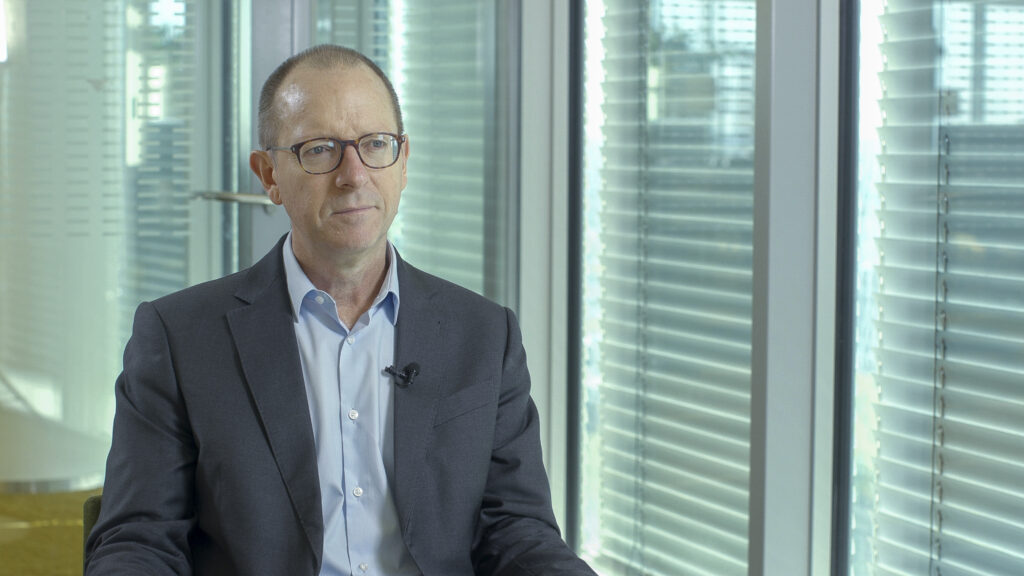
Justin Sherrard
Justin is vice president of the Global Roundtable for Sustainable Beef; a director at Breedr, a cattle management software company; and an independent animal protein business advisor who focuses on supply chains, innovation and sustainability. Previously, he was a global strategist for animal protein at Rabobank.
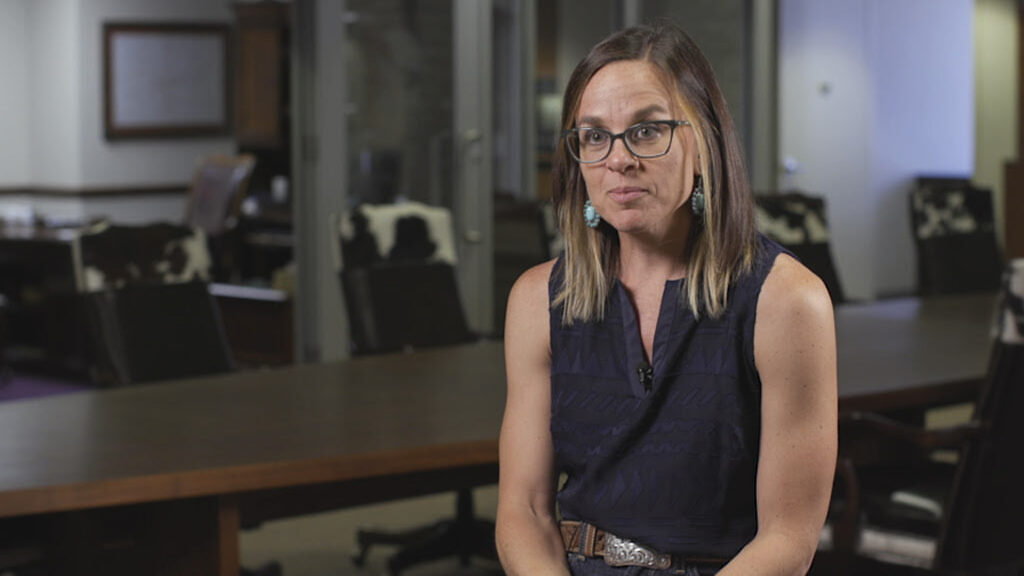
Mary Soukup
Mary, a rancher and beef marketer, says technology to reduce emissions at the feedlot level may come earlier than at the ranch level.
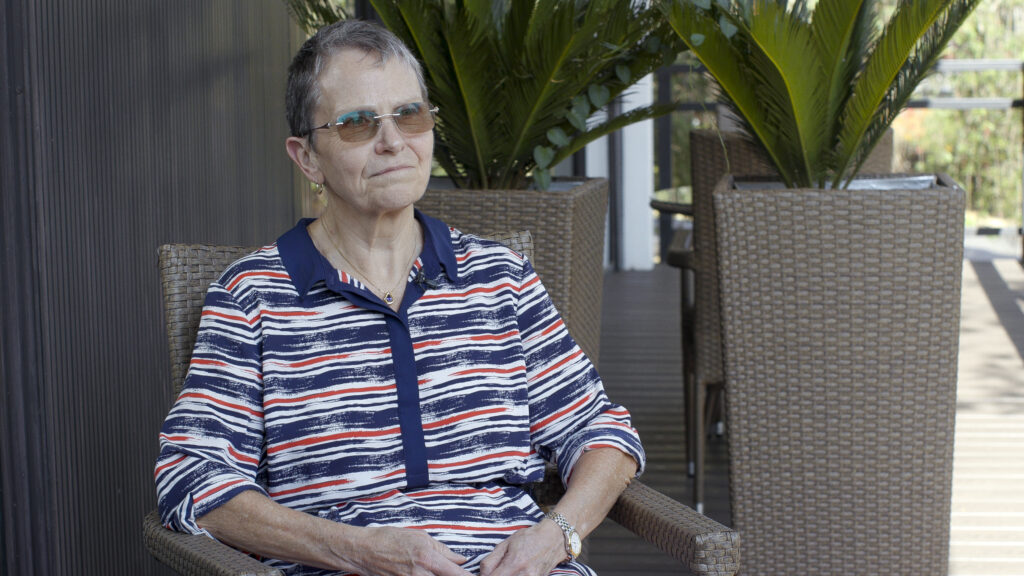
Shirley Tarawali
Shirley is an assistant director general and secretary to the ILRI board of trustees. She previously served as director of ILRI’s people, livestock and the environment research team. She has a Ph.D. in plant science from the University of London and has conducted research in crop livestock and pastoral systems.
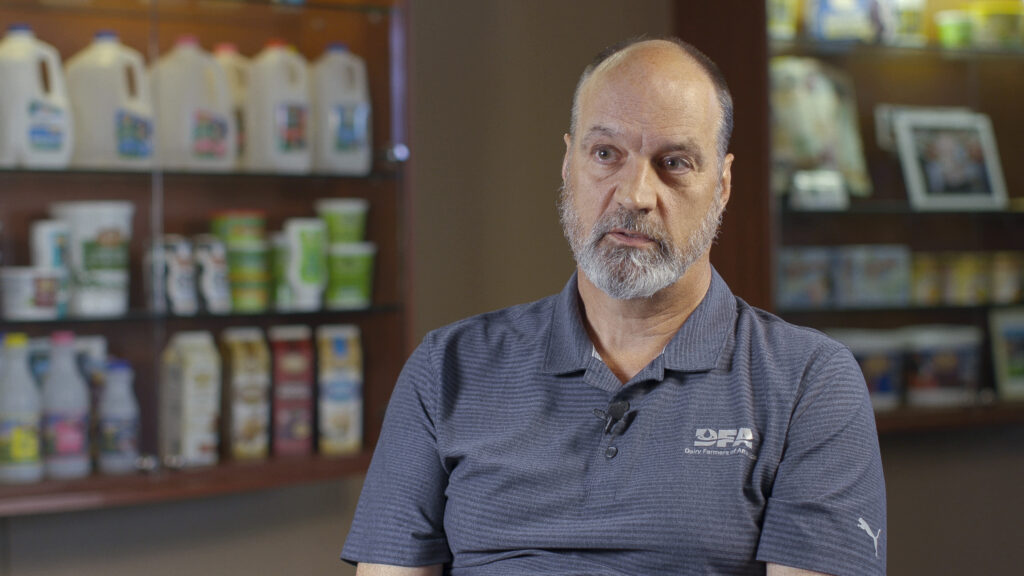
Jay Waldvogel
Jay retired from Dairy Farmers of America (DFA), where he most recently served as senior vice president of strategy and international development. He serves on numerous industry boards and is actively involved in projects focused on dairy development in East Africa and creating carbon credits in developing markets.
"Cows could actually
save the world."
— Mizeck Chagunda, University of Hohenheim
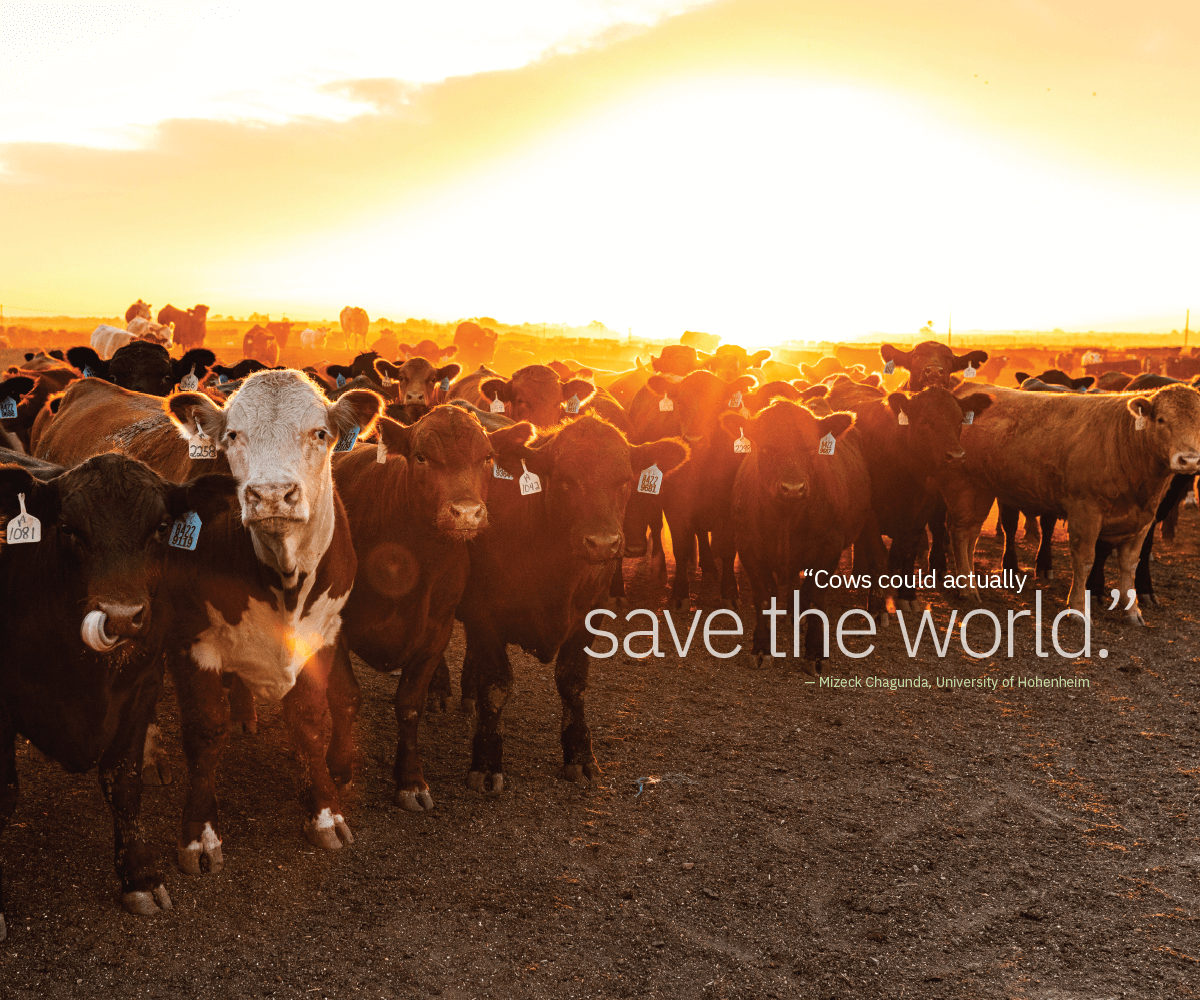
frequently asked questions
Amid narrow views about cows and climate change, this feature-length documentary explores the true impact of cattle and the potential consequences of their removal. It aims to broaden the conversation about the role cows play in our daily lives and the world around us. We aim to challenge the prevailing narrative and encourage viewers to examine the science.
World Without Cows is an incredible journey around the world in search of the answer to one simple question: Are we better off in a world without cows? With unprecedented global access to those on the frontlines of agriculture and science, filmmakers Brandon Whitworth and Michelle Michael examined the cultural and economic significance of cows, their role in nourishing the world and their impact on climate. What they found was far from simple: When it comes to cows, it’s not black and white. World Without Cows invites viewers to take a scientific look at the real impact of cows on our world — and the potential consequences of their removal.
World Without Cows is a science-led discussion that examines the profound dependence on cattle in many regions of the world, the challenges of nourishing an ever-expanding global population, the essential value of animal protein, and the complex relationship between cattle and the environment, including their impact on biodiversity, soil health and carbon capture.
The filmmakers were tasked with exploring the impact of cattle on nutrition, economies, cultures and the environment. Pursuit of answers led them to more than 40 locations around the world — from the heartland of the United States to Kenya, India, Brazil and beyond – to talk to scientists, academics, farmers, ranchers and other experts.
World Without Cows features dozens of interviews with scientists, academics, farmers, ranchers and other experts from around the world. Check them out here: https://worldwithoutcows.com/about/
We are currently showing World Without Cows at private screenings and film festivals. You can request a screening on our website.
The Explore page on worldwithoutcows.com dives deeper into some of the issues raised in the documentary and other hot topics related to agriculture’s role in climate change.
Share this page with your social media networks, friends and family, and sign up for updates. We’ll let you know about opportunities to get involved and help us continue this conversation. Send questions to info@worldwithoutcows.com. You can also follow us on social media.
Documentary social media accounts:
- https://www.facebook.com/WorldWithoutCows
- https://twitter.com/worldwithoutcow
- https://www.instagram.com/worldwithoutcows/
- https://www.linkedin.com/company/worldwithoutcows/
- https://www.tiktok.com/@worldwithoutcows
- https://www.youtube.com/@PlanetofPlenty
Our filmmakers’ social accounts:
Michelle Michael
- https://www.instagram.com/farmfilmmaker
- https://www.facebook.com/farmfilmmaker
- https://www.linkedin.com/in/michelle-michael-9395a977/
Brandon Whitworth
